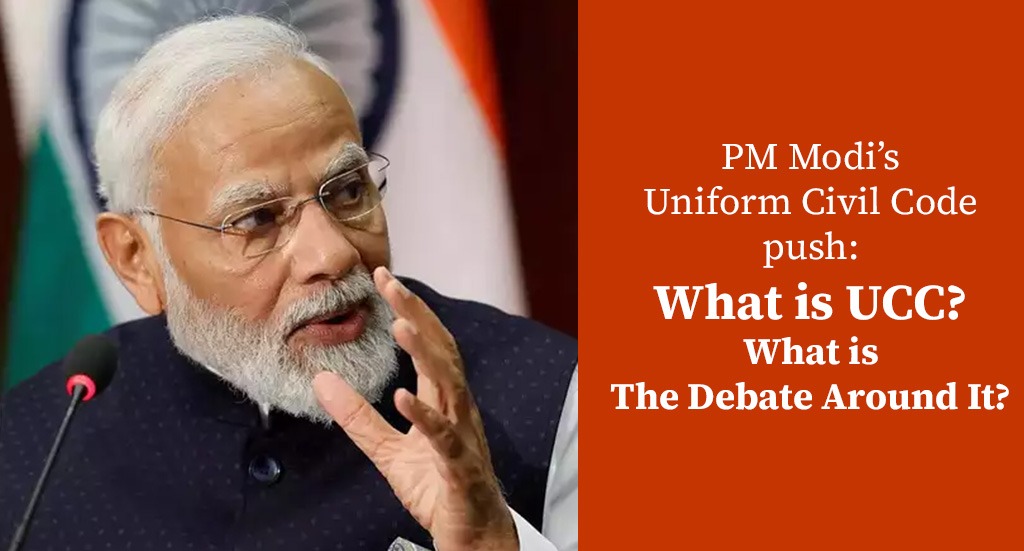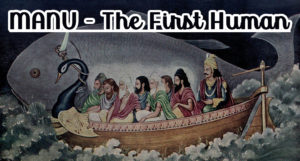The Uniform Civil Code (UCC) has become a subject of renewed political discussion after Prime Minister Narendra Modi’s recent comments ahead of the elections in Madhya Pradesh in which he stated that India cannot function with two separate sets of laws and emphasised that the Uniform Civil Code should be an integral part of the country’s Constitution.
In his remarks, PM Modi highlighted that there are attempts to provoke people over the UCC. He questioned the feasibility of running a country with two distinct sets of laws and emphasised the importance of equal rights enshrined in the Constitution. Additionally, he referred to the Supreme Court’s call in the past to implement the UCC. The Prime Minister criticised opposition parties for engaging in vote bank politics, implying that they are exploiting the issue for electoral gains.
What is the Uniform Civil Code?
The Uniform Civil Code (UCC) is a term used to describe a set of laws that would apply uniformly to all citizens of a country- regardless of their religious or cultural background- in personal matters such as marriage, divorce, inheritance, adoption, and maintenance. The objective of implementing a Uniform Civil Code is to replace the personal laws currently governing different religious communities with a common set of rules that promote gender equality, social justice, and secularism.
In many countries, including India, personal laws are based on religious scriptures and are specific to different religious communities. This means that individuals belonging to different religions are subject to different laws when it comes to personal matters. The UCC aims to bring uniformity and consistency to these laws by creating a single secular code applicable to all citizens.
What is the Debate Around the Uniform Civil Code?
The UCC has been a topic of considerable debate and controversy in countries like India, where it has been a part of the Directive Principles of the Constitution. Proponents argue that a uniform code will promote gender equality and social integration, ensuring equal rights and opportunities for all citizens. They believe it will strengthen the secular fabric of the nation by eliminating religious biases and discriminatory practices.
In essence, Prime Minister Modi’s statement draws attention to the urgency of addressing the UCC and underscores its constitutional significance. He suggests that the implementation of a uniform set of laws governing personal matters for all citizens is essential for upholding equal rights and fostering social harmony.
However, opponents express concerns about potential infringement on religious freedom and cultural diversity. They argue that personal laws are deeply rooted in religious beliefs and practices, and imposing a uniform code may undermine these aspects of individual and community identity. Tribal groups have similar concerns and believe the code will threaten their customs and religious practices.
In 2018, the Law Commission of India stated that the UCC was “neither necessary nor desirable” at this stage. The commission, however, recommended that family laws of various religions be changed to tackle discrimination and inequality in the respective laws.
In response to Prime Minister Narendra Modi’s call for a Uniform Civil Code (UCC), Congress leader P Chidambaram expressed his disagreement, stating that it should not be imposed on people by an “agenda-driven majoritarian government.” The former union minister was of the view that such an imposition would only serve to deepen divisions within society.
Chidambaram alleged that the prime minister’s emphasis on the UCC was an attempt to divert public attention away from pressing issues such as unemployment, rising prices, and hate crimes. He also accused the BJP of exploiting the UCC as a means to polarise society.
Chidambaram strongly reflected his opposition to a UCC by a government that he perceives as having a biased agenda. He argues that forcing a Uniform Civil Code upon the population would not only exacerbate existing divisions but also serves as a tactic to divert attention from critical socio-economic and law and order concerns. Additionally, he suggests that the ruling BJP is using the UCC as a tool to create social and religious divisions for political gain.
The Hon'ble PM has equated a Nation to a Family while pitching for the Uniform Civil Code (UCC)
— P. Chidambaram (@PChidambaram_IN) June 28, 2023
While in an abstract sense his comparison may appear true, the reality is very different
A family is knit together by blood relationships. A nation is brought together by a…
The implementation of a Uniform Civil Code requires extensive discussions, consultations, and consensus-building among various stakeholders, including religious and social groups. The balance between individual rights, cultural diversity, and societal harmony must be carefully considered to create a code that respects the fundamental principles of justice and equality.
Only time can tell if such rules will ever see the sun, until then stay aware and keep track of the latest developments with Local Verandah.








